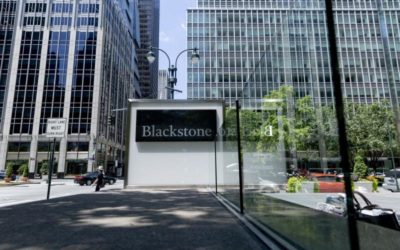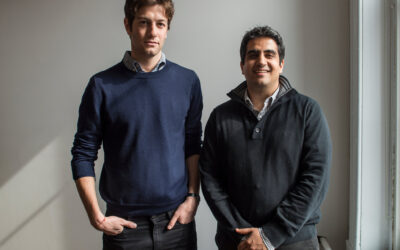Strategic Value Partners, an investment group focused on the debt of distressed companies, has raised a $1.6bn “dislocation fund” to take advantage of opportunities thrown up by the coronavirus crisis, as investors bet that a wave of defaults is still to come.
The new fund lifts SVP’s assets under management to almost $10bn — more than double its size five years ago. SVP manages both a more opportunistic hedge fund, and private equity-like “special situations” funds, which seek to take control of struggling but fundamentally healthy companies through debt-for-equity swaps in restructurings.
The dislocation fund will take a hybrid approach, a mix of tactical credit trades and seizing control of companies in debt restructurings. The firm’s founder said that this is the best environment for distressed debt investing in the past decade, while credit markets remain at risk of setbacks.
“Central banks can help solve liquidity problems, but not solvency problems,” Victor Khosla, SVP founder and chief investment officer, told the Financial Times. “If the economic recovery slows down, or we have a second wave [of infections], then markets are vulnerable.”
The aggressive intervention of central banks led by the Federal Reserve has helped buoy credit markets and ease many of the acute stresses seen in March, nurturing the biggest corporate bond issuance spree in history.
Analysts expect the scale of defaults in light of that support to be muted. Citigroup forecasts that the trailing 12-month default rate for companies rated below investment grade will fall from the current 8.6 per cent to 5.1 per cent by the end of the year, while loan defaults will slip from 7.3 per cent to 5 per cent.
Nonetheless, many smaller or riskier companies are still struggling to raise money to tide them over until the global economy recovers from the shock caused by Covid-19. Others are in such poor shape that near-certain defaults mean even yield-hungry investors are shunning them.
“Central banks have healed markets, but the healing has mostly happened in the investment-grade world, not in high yield or leveraged loans,” Mr Khosla said. “The rising tide has helped those as well, but the bottom end of high yield . . . that’s where the crunch is.”
Standard & Poor’s has counted 88 corporate bond defaults globally in the second quarter of the year, treble the number seen at the start of the year, and a level outdone only in the first three months of 2009. Analysts warn that many more are likely to succumb in the coming months, given the scale of the economic shock.
“The credit profiles of corporate issuers most affected by the economic crisis are still under pressure and the rate of defaults is likely to remain high throughout 2020 and potentially into 2021,” Fitch, another rating agency, said in a recent report.
Connecticut-based SVP raised its fourth private equity-style fund in 2018. About 70 per cent of the $2.85bn raised that year has now been deployed, and the scale of the opportunities now emerging meant that SVP wanted more money to take advantage.
The money for the new fund — of which a quarter has already been invested — was raised from 15 institutional clients. Such investors are once again becoming interested in the distressed debt strategy after years of cutting allocations to the sector, according to Mr Khosla.
Source: Financial Times
Can’t stop reading? Read more
US Pipeline Operator ONEOK Inks Two Deals for $5.9 Billion
US pipeline operator ONEOK Inc. agreed to buy a Permian Basin rival and a controlling stake in...
Blackstone Is Said to Seek A$5.5 Billion Loan for AirTrunk Bid
Private equity firm Blackstone Inc. is in discussions with banks for a five-year loan of about...
Thrive Capital to lead multi-billion dollar OpenAI investment round at $100bn valuation
OpenAI, the company behind the popular AI tool ChatGPT, is in advanced talks to secure several...




